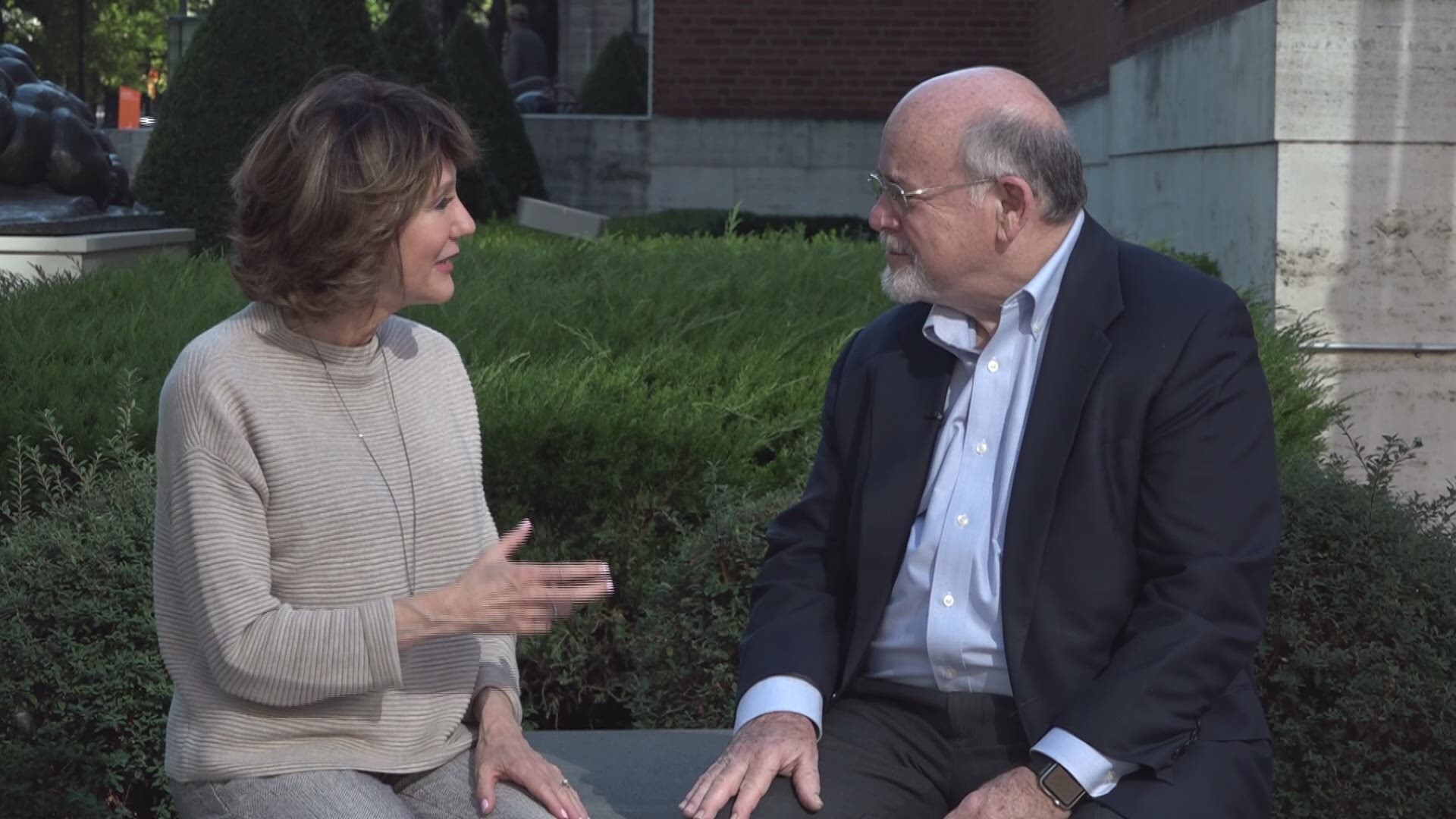SALEM, Ore. — Months after a governor's race that shattered state fundraising records, Oregon lawmakers want to rein in rampant spending from large donors and political action committees.
But first they have to change the constitution.
Oregon is one of five states to have no limits on campaign contributions, and lawmakers have long complained that they have to raise exorbitant amounts of money to remain competitive in campaigns.
"There are no rules in Oregon," said Sen. Mark Hass, D-Beaverton. "This is the Wild West."
Although legislators have tried to implement campaign finance reform, they've run into legal complications thanks to the Oregon constitution's free speech provision. The state's Supreme Court ruled in 1997 that campaign donations are a form of free speech and can't be limited.
The high-priced governor's race last year rekindled the debate over spending limits and has prompted lawmakers to pursue a ballot measure amending the constitution that would explicitly give them the authority to enact campaign finance reform.
Gov. Kate Brown secured reelection over former Republican Rep. Knute Buehler race in a race that broke fundraising records when candidates raised a combined total of $30 million. Buehler received a $1.5 million donation from Nike co-founder Phil Knight, the largest donation by an individual to a candidate in Oregon history.
Brown, who received a $500,000 donation from the D.C.-based nonprofit EMILY's List, has made political spending limits a priority and expressed support for the constitutional change. She told reporters on Thursday that individual donors shouldn't be able "to buy a megaphone so loud that it drowns out the other voices."
A constitutional amendment would have to be approved by the voters in the 2020 election.
Voters have previously sent mixed messages about campaign finance reform. Oregonians shot down the idea of a constitutional amendment before, rejecting a 2006 ballot measure that would have empowered lawmakers to set political spending limits. But the same year, they passed a companion measure that set in law contribution and spending rules.
The latter law was not implemented, as it was contingent on voters approving the constitutional change.
Lawmakers think they have a better shot this time, especially as the amount of money in politics has skyrocketed in the past decade. Portland overwhelmingly passed ballot measure limiting campaign spending in 2016 and 2018. Oregon's Supreme Court has agreed to review the 2016 measure, which was initially struck down by a lower court.
"What we have today is an electorate who is becoming increasingly agitated and uncomfortable with where our elections are headed," said Sen. Tim Knopp, a sponsor of the constitutional change.
The Republican from Bend noted that that if the state continues to allow political donations to go unchecked, Oregon will be at risk of having "a couple dozen billionaires controlling who gets elected."
The state is also considering cracking down on "dark money" and politically active nonprofits, which do not have to disclose the sources of their funding. A proposed bill would require these groups to disclose donors if their spending passes a certain threshold.
"The Wild West was eventually tamed," said Hass, who is sponsoring the constitutional amendment. "And that's what we must do here."

